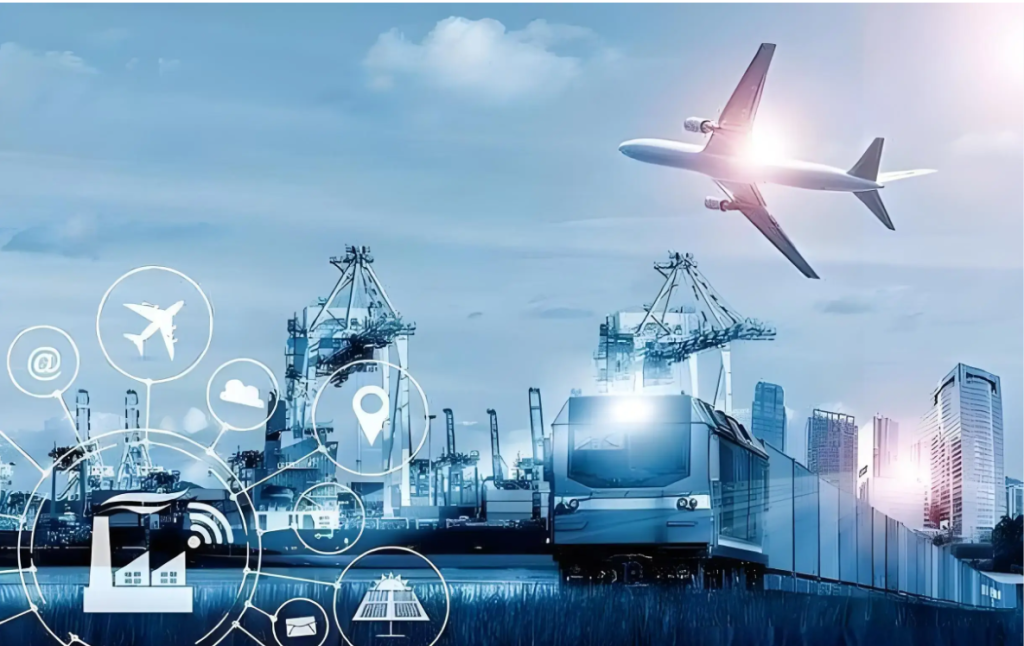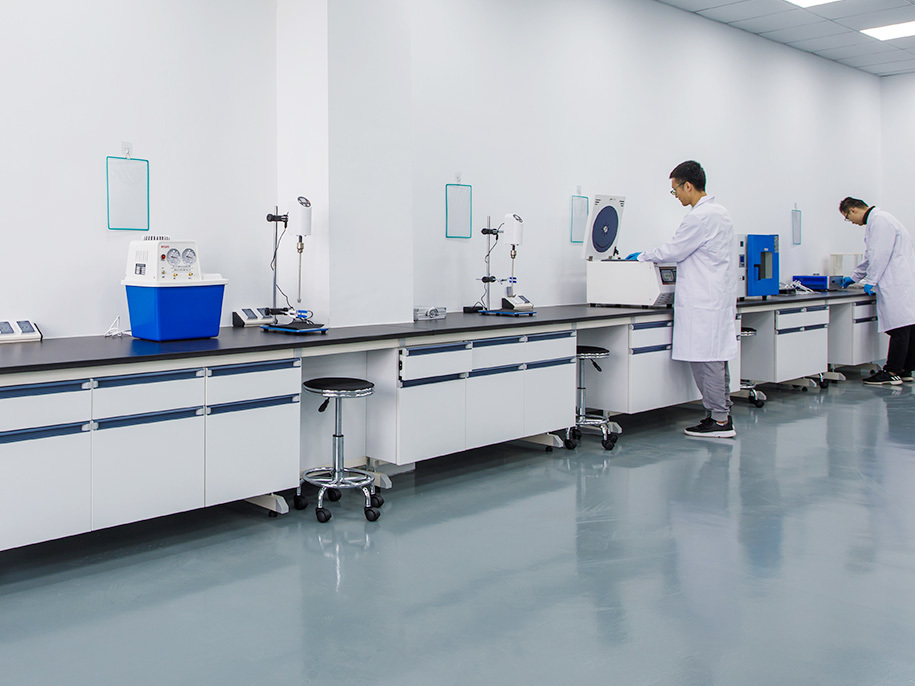The Impact of the Low-Altitude Economy on Urban Transportation: Efficient Delivery and Intelligent Traffic Systems
1. Introduction: A New Dimension to Urban Mobility
The rise of the low-altitude economy introduces a transformative layer to urban transportation. With the integration of drones, air taxis, and automated aerial delivery systems, cities are witnessing a paradigm shift from traditional ground-based logistics to three-dimensional mobility solutions. This evolution not only enhances delivery efficiency but also accelerates the development of intelligent traffic systems.

This article explores how the low-altitude economy is reshaping urban logistics, reducing road congestion, and driving innovations in smart infrastructure with the support of graphene-enabled technologies.
2. Efficient Delivery through Aerial Logistics
(1) Last-Mile Delivery Optimization
- Drones bypass traffic to deliver packages within minutes instead of hours.
- Urban and suburban areas benefit from faster, contactless, and scalable delivery solutions.
- Ideal for food, medicine, and e-commerce logistics.
(2) Graphene’s Role in Delivery Drones
- Graphene-enhanced batteries offer longer flight times and faster recharging.
- Lightweight composite materials reduce drone energy consumption.
- Enables high-payload drones without compromising efficiency.
(3) Emergency and Time-Critical Deliveries
- Drones can deliver medical supplies, blood samples, and emergency kits within dense urban areas.
- Autonomous systems reduce human dependency and response time.
3. Intelligent Urban Traffic Systems
(1) Integration of Air and Ground Traffic
- Smart cities are developing multi-modal traffic platforms that integrate aerial and ground mobility.
- AI algorithms optimize flight paths and delivery routes in real time.
- Reduced ground traffic congestion as aerial delivery absorbs logistical load.
(2) Graphene-Based Smart Infrastructure
- Graphene IoT sensors embedded in roads and buildings enhance real-time monitoring.
- Integration with smart traffic lights and air quality monitors.
- Enables predictive traffic management and dynamic routing.
(3) Data-Driven Mobility Decisions
- Urban planners use drone delivery data to identify congestion hotspots.
- Helps redesign delivery zones, loading areas, and access points for better efficiency.
4. Environmental and Social Benefits
(1) Reduced Carbon Emissions
- Drones powered by graphene batteries generate significantly lower emissions.
- Minimizes reliance on traditional delivery trucks and combustion engines.
(2) Improved Urban Air Quality and Noise Control
- Electric drones reduce urban noise pollution.
- Graphene composites contribute to quieter drone operation.
(3) Equitable Access to Urban Services
- Expands delivery reach to underserved or remote communities.
- Enhances inclusivity in urban service access.
5. Challenges and Future Opportunities
(1) Airspace Regulation and Traffic Control
- Need for comprehensive air traffic governance frameworks.
- Development of shared digital airspace maps.
(2) Infrastructure and Vertiport Integration
- Strategic placement of charging stations, vertiports, and drone hubs.
- Integration with existing public transport nodes.
(3) Public Acceptance and Safety
- Ensuring safety, privacy, and public awareness of drone operations.
- Graphene-enabled safety mechanisms and redundant systems help build trust.
6. Conclusion: A Smarter, Greener Urban Mobility Landscape
The low-altitude economy is unlocking a new frontier for urban logistics and smart mobility. With graphene-based innovations powering safer, lighter, and more efficient drones and sensors, cities can expect reduced congestion, faster deliveries, and cleaner air.
🏙️ As urban areas prepare for the future, integrating graphene technologies into drone infrastructure and smart transportation networks will be key to building resilient, intelligent cities.
📩 Want to know more about how graphene can elevate your drone solutions or smart infrastructure? Let’s connect today!

